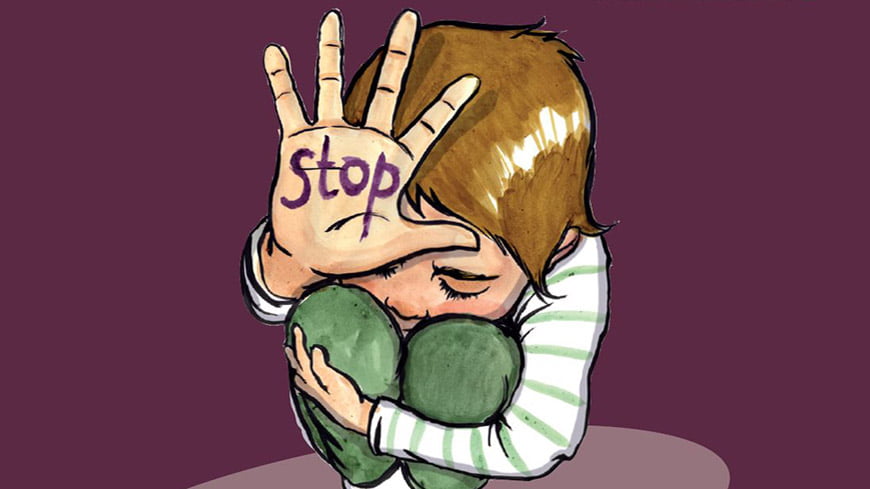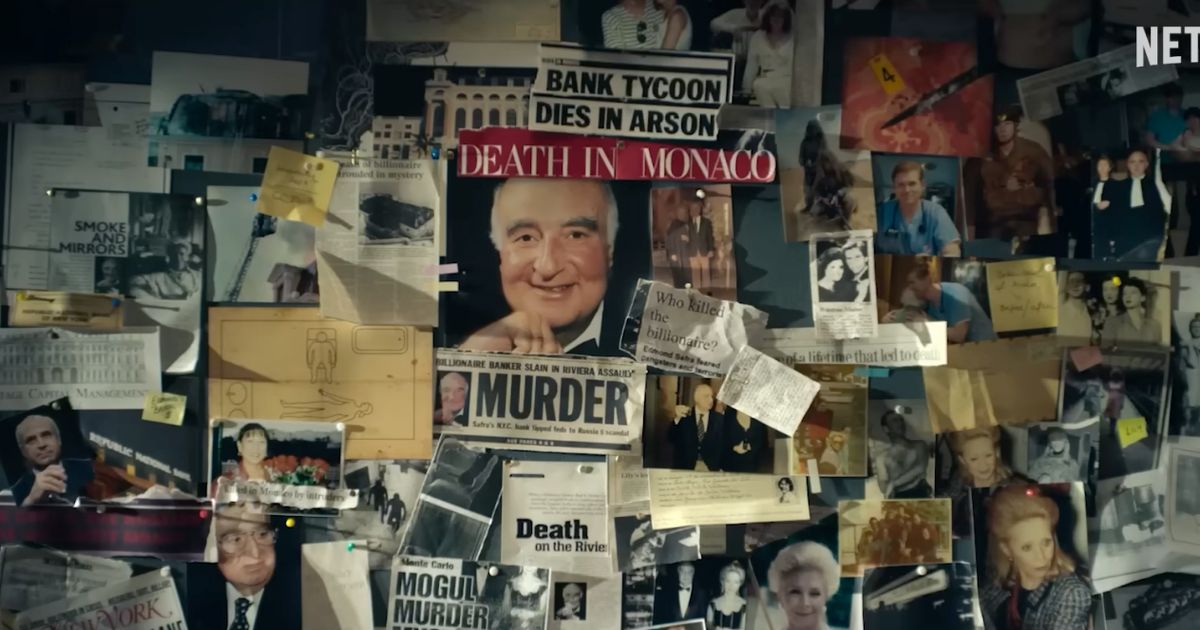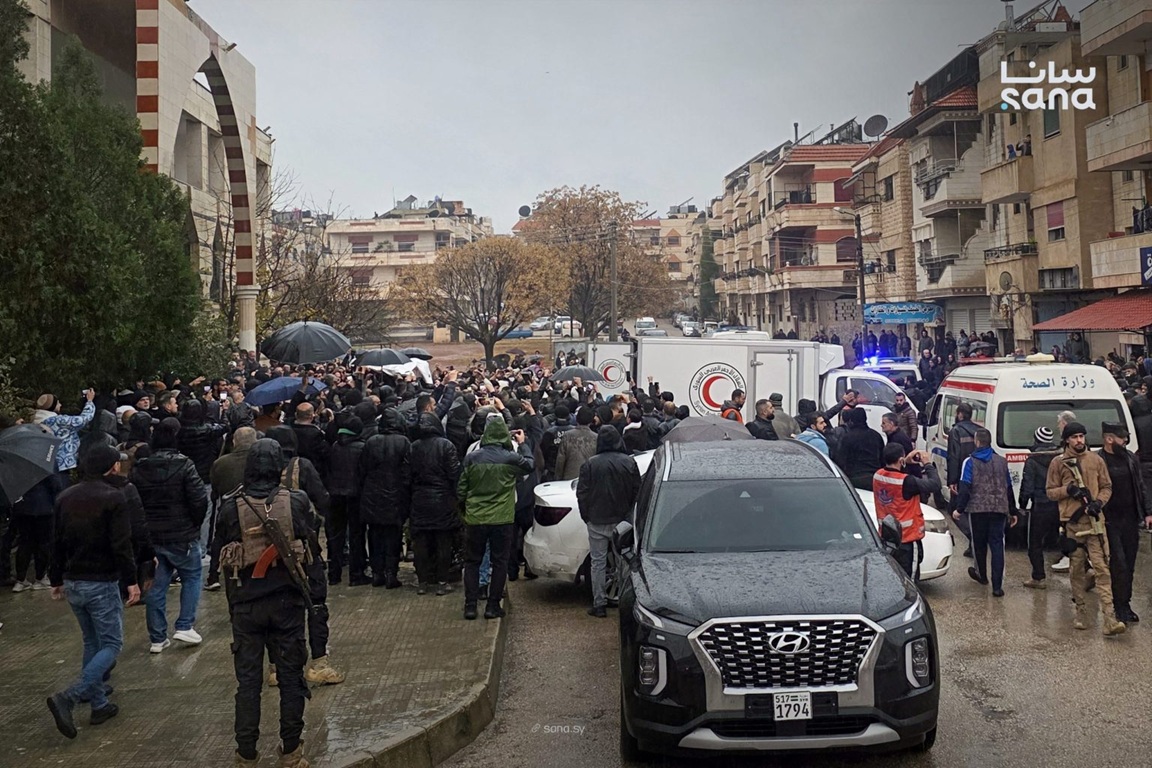
A series of psychological, social, and security factors came together and contributed to the murder of the young girl from Dinniyyeh. The family, supported by the security forces, worked to conceal the crime and to pervert justice, using the pretext of family honour.
By Zeina Allouche (PhD)
The totally collapsed Lebanese state fails on multiple levels in its role as the primary entity for protecting children.According to the latest updates from the investigation, the DNA evidence points the maternal uncle out as the child’ rapist and killer.
After making a concerted effort to thwart justice by hiding evidence and covering up the perpetrator, the entire family was likely involved in killing the girl. According to some sources, the family distributed the girl’s clothes among them after she died, and the mother had washed the clothes, apparently following specific advice to help conceal the DNA.
According to judicial sources, the investigation is being reopened after new information resurfaced about a friend of the family who works in the security apparatus and is helping mislead the justice system and cover up for the perpetrator.
It appears that the family tried to make the girl’s death look like an accident, as the mother’s lawyer stated that the cause of death was heart failure, with no internal or external bleeding.
Reliable sources have claimed that the child was taken to the hospital four hours after vomiting blood and that the family did not follow the doctor’s advice to admit the child to the hospital. The family aimed to keep the child from the hospital to prevent the truth from being revealed.
However, the coroner’s report indicates that the cause of death was “very severe trauma to the body,” which led to cardiac arrest due to shock and inflammation.
The role of the emergency room
Could the child have been saved from death if she had been hospitalised?
Let’s return to the moment the child’s murder first came to light. At the time, the family took the child, who was bleeding, to the hospital for an examination. Reports of the event indicate that the family refused to keep the child in the hospital for necessary care and instead took her home, where she was subjected to the assault that took her life.
I’m not here to minimise the family’s responsibility for refusing to keep the child in the hospital, but the role of health services in general, and emergency departments in particular, in identifying indicators of violence against children and enforcing mandatory reporting is a fundamental problem that needs to be addressed.
In a comprehensive protection system, emergency departments have an essential role in identifying cases of child maltreatment, intervening effectively to ensure the necessary medical care, documenting the case, and notifying the relevant authorities.
Identifying child maltreatment is sometimes tricky because children can’t express themselves verbally, especially since the indicators of abuse or violence are varied and unclear. However, the condition of a child who has been in pain for a week and cannot go to the toilet cannot be overlooked in a clinical examination.
Years have passed, and considerable resources have been invested in creating an integrated child protection system in Lebanon. However, we continue to face significant shortcomings, particularly in conceptualising the role of medical professionals within the emergency units.
These units should be first responders in identifying violence indicators, especially sexual violence and detecting discrepancies between alleged injuries and caregivers’ explanations. The medical team is responsible for diagnosing a suspected assault and conducting a thorough medical examination to determine the nature of the damage and the likelihood of abuse.
If abuse is confirmed, the appropriate authorities must be notified immediately. The failure of the medical response to meet the ethical and professional duty of care should be a matter of record at this point.
Such a shocking crime against a child requires a detailed examination of the child protection system in Lebanon, which should consist of a comprehensive and multifaceted approach to child protection. This system begins with awareness raising and extends to early detection tools, safe reporting mechanisms, transparent legal procedures, and a clear justice system that places the child's best interests at the forefront.
A comprehensive child protection plan is an organised and all-encompassing approach that goes beyond mere methods, strategies, and protocols, including measures to prevent child abuse, ensure early detection, and provide suitable responses.
Where are Lebanon’s authorities in all this?
Why are people surprised by the collaboration of the young girl’s family? Haven’t orphanages, child welfare organisations, “prestigious” schools, and religious institutions – with the support of a group of prominent politicians and a few self-appointed moralists, all conspired to cover up incidents of violence against children?
Have they not used the same feeble excuses, such as preserving reputation and honour, to protect child rapists from punishment?
The child’s family has committed a crime no less severe than all the others. Those who harboured and concealed the child’s rapist and anyone who has covered similar crimes must be held legally accountable.
Justice will take its course, and the disclosure of the identity of the initial perpetrator of the child’s rape and murder, along with all those who collaborated in suppressing information about the circumstances that led to her death, is essential.
We await the court’s decision and hope it will uphold the child's rights and bring all the criminals involved to justice.
This article was published by Daraj, an independent media platform where Arabic speakers are offered an alternative kind of journalism, free from political funding and influence, which controls other mainstream Arab media institutions.




